
13 min read
Published on: Jun 15, 2024
Last updated on: Jun 24, 2024
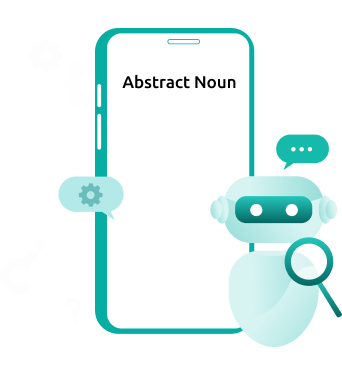
When we talk about nouns, we often think of physical objects that we can touch, see, or hear. However, there's a whole other category of nouns that represent intangible concepts, feelings, qualities, or states. These are known as “Abstract Nouns”.
According to Abstract Noun Definition:
“An abstract noun refers to a type of noun that represents intangible concepts, emotions, qualities, or states that cannot be perceived through the five senses.” |
Why Abstract Nouns Matter:
While concrete nouns represent tangible objects in the physical world, abstract nouns allow us to express deeper thoughts, feelings, and concepts.
They play a crucial role in language and communication by enabling us to articulate complex ideas and emotions.
Examples of abstract nouns sentences include:
Abstract nouns add depth and complexity to sentences by expressing intangible concepts and emotions. Here are some ways to effectively use them:
For example:
For example:
For example:
For example:
Abstract nouns cater to a wide range of intangible concepts, emotions, personality traits, philosophical concepts, and more.
Here are different types of abstract noun lists:
Ideas:
Emotions:
Personality Traits:
Philosophical Concepts:
States and Conditions:
Qualities and Attributes:
Intellectual Concepts:
Abstract nouns consist of a variety of intangible concepts, emotions, and qualities. One way to categorize abstract nouns is by whether they are countable or uncountable.
These abstract nouns represent concepts or qualities that can be counted or quantified.
Examples include:
These abstract nouns represent concepts or qualities that cannot be counted because they are considered to be continuous or infinite.
Examples include:
Concrete nouns and abstract nouns are two fundamental categories of nouns that serve distinct purposes in language.
Here's a breakdown of their differences:
Aspect | Abstract Nouns | Concrete Nouns |
Definition | Represent intangible concepts, emotions, or qualities. | Refer to tangible objects perceivable through the senses. |
Examples | Love, courage, happiness, justice, freedom. | Table, cat, tree, book, apple. |
Perception | Exist in the perception of thought and imagination. | Directly perceivable through sensory experiences. |
Usage | Express emotions, ideas, qualities, and concepts. | Refer to specific people, places, things, or animals. |
Suffixes are added to existing words to create new words with altered meanings or grammatical functions. When creating abstract nouns, certain suffixes can be particularly useful.
Here are some common suffixes used to form abstract nouns:
Example: Happy ? Happiness, Kind ? Kindness |
Example: Happy ? Happily, Honest ? Honesty |
Example: Create ? Creation, Communicate ? Communication |
Example: Govern ? Government, Develop ? Development |
Example: Brother ? Brotherhood, Neighbor ? Neighborhood |
Abstract nouns can enhance your writing by expressing intangible concepts and emotions, but it's essential to use them judiciously.
Here's when to use abstract nouns effectively and when it's best to avoid them:
These are some exercises for you to identify abstract nouns:
|
Answers:
|
In conclusion, understanding abstract nouns is essential for improving your writing skills. These special words play a significant role in expressing intangible concepts, emotions, and ideas effectively.
Enhance your writing with MyEssayWriter.ai's Grammar Checker tool and polish your work to perfection.
Write confidently and try our free AI essay writer - no sign up for better writing!
If you want to learn more about academic writing, grammar, and related concepts, check out these blogs.
Grammar | Writing | Citation | ||
| Clauses | ||||
| Adjective | ||||
| Adverbs | ||||
| Conjunction | ||||
| Interjection |

WRITTEN BY
Caleb S. (Mass Literature and Linguistics, Masters)
Caleb S. is an accomplished author with over five years of experience and a Master's degree from Oxford University. He excels in various writing forms, including articles, press releases, blog posts, and whitepapers. As a valued author at MyEssayWriter.ai, Caleb assists students and professionals by providing practical tips on research, citation, sentence structure, and style enhancement.
Caleb S. is an accomplished author with over five years of experience and a Master's degree from Oxford University. He excels in various writing forms, including articles, press releases, blog posts, and whitepapers. As a valued author at MyEssayWriter.ai, Caleb assists students and professionals by providing practical tips on research, citation, sentence structure, and style enhancement.
On This Page On This Page
The 8 Parts of Speech - Learn with Examples
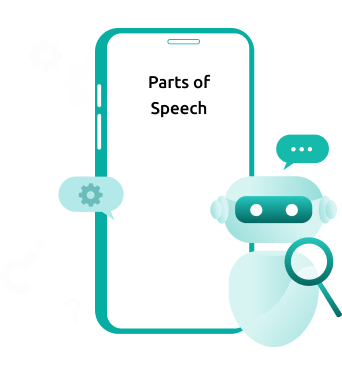
What's a Noun? Definition, Examples, and Types
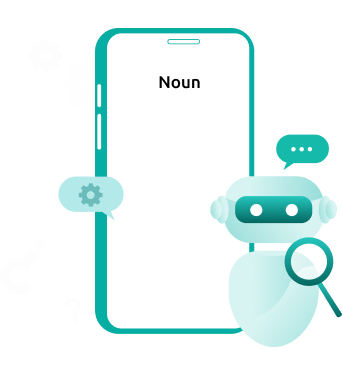
What Are Verbs and How They Work?
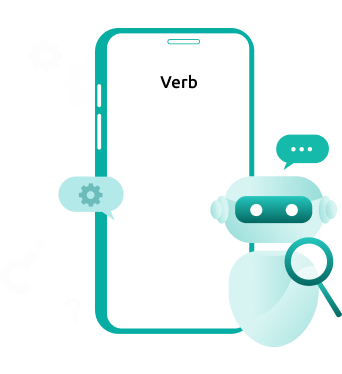
An Easy Guide on Adverbs: Definition, Use, Types & Examples
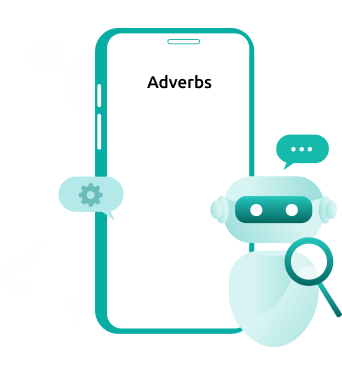
Learn About Conjunction and Its Types | With Examples
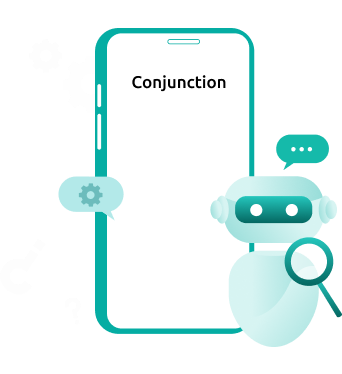
Understanding What is A Pronoun: Definition, Types & Examples
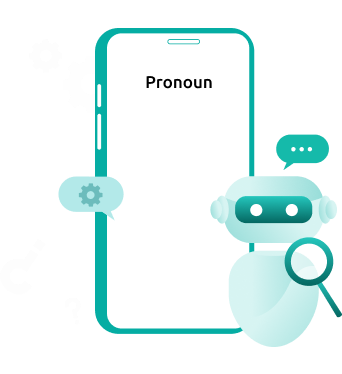
What's an Adjective? Definition and Examples
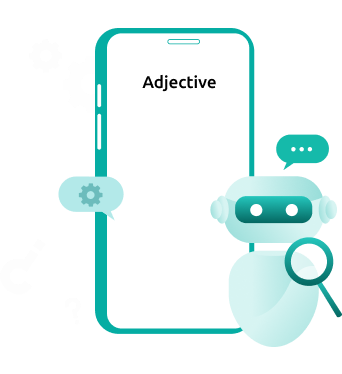
An Introduction to Prepositions – With Types & Examples!
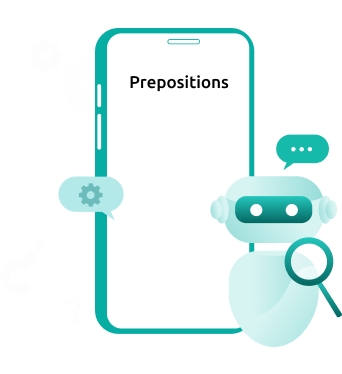
What’s an Interjection? Definition, Types, and Usage With Examples

Understanding Proper Nouns: Definition, Usage & Examples
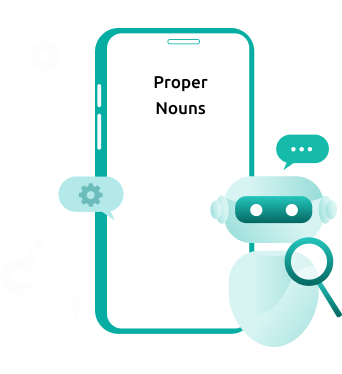
What is a Collective Noun? Examples & Definition

What is a Common Noun? Definition, Types & Examples

What are Uncountable Nouns? Definition & Examples
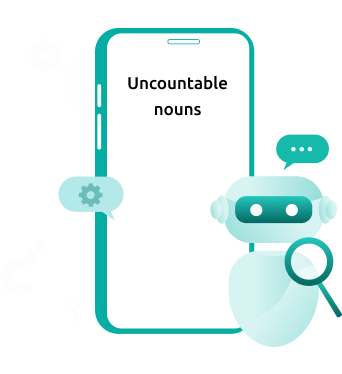
Countable Nouns: Definition, Examples, Tips & More
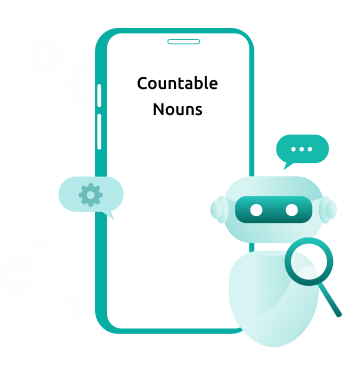
What’s a Concrete Noun?
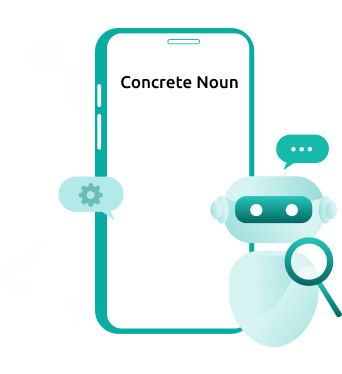
Possessive Pronouns: Definition & Examples
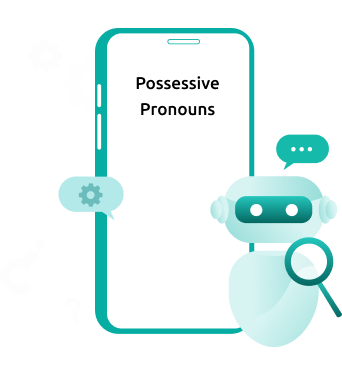
What Are Reflexive Pronouns? List & Examples
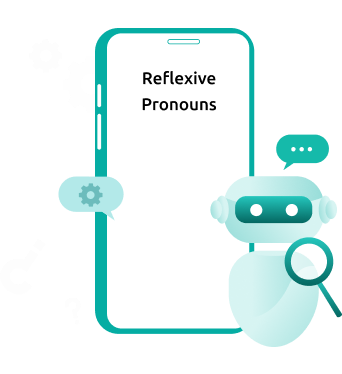
Get started for free
Log In
Verify Your Account
Enter the verification codes to confirm your identity.